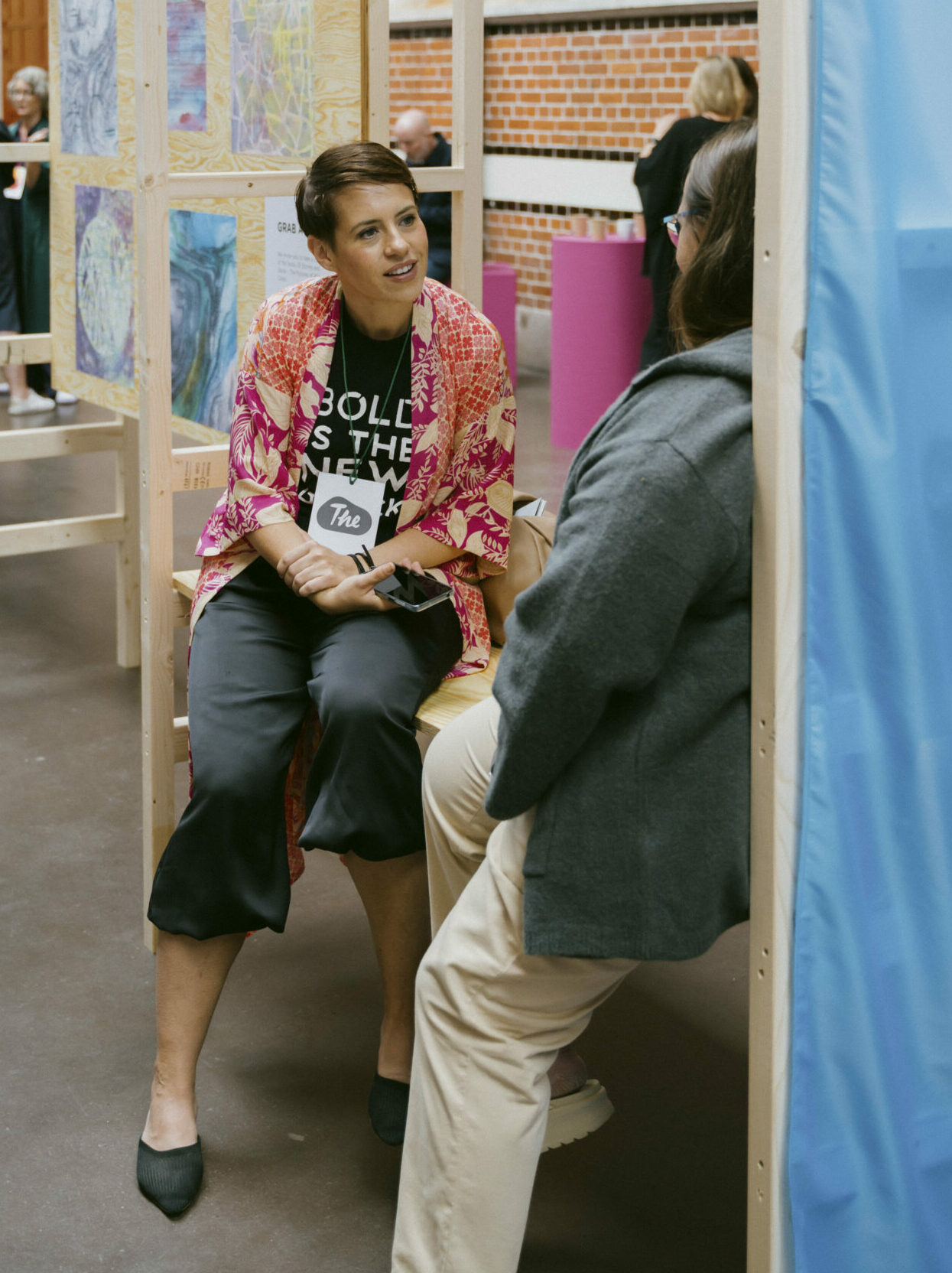They’ve known us for one thing and now we’re doing something else.
“How come you’ve changed?
You used to do something different.
What gives you permission to speak about this new thing?”
Breaking with the tradition of what we used to care about can be really confusing for other people and their comments can make us feel like… we’re unreliable/ insincere/ a fluke.
Yet it has to happen in order to stay true to ourselves. And until we become known for being this other, extended person we need to explain ourselves, because our credentials might not be obvious.
In this episode we talk about shifting identity and the three questions we should ask ourselves BEFORE the change, to know whether this change will actually be worth it.
How come you’ve changed?
“Nobody is resisting, or afraid of change. But everybody is resisting and afraid of being changed.”
— origin unknown
It all comes down to our attitude to change. What are we expecting to get out of it. Doe we see it as a limitation, or do we see it as a possibility? Does this change feel like an opportunity? or like an obligation?
From an early age on I realised through observation that different places do something to people. I am a child of immigrants that moved their daughter around in different places so that she did not have a sense of what it means: this is where I’m from. But I did learn to know with this lifestyle is: People change depending on the environment they’re in.
First I worked as an interior designer, because that is what I studied:
I have certified education in good taste. And as I was living in country No.6 and recommended from one expat to the next I had clients that different emotional experience s after they were done working together. All had a more beautiful home afterwards, but not all were truly happy. With time I realised: it’s not about the visuals that change inside the home, it’s about the positive impact that the change has on their lives.
As an interior designer I used to say: “You’ll only love your home as much as you love the life that is happening within.” and I started asking other, deeper, more intimate questions.
It’s about who you get to be when you’re home and my happiest clients were those that got to be someone different inside their home than who they were outside the home. I have made the experience that it’s not about making the home more cohesive with your personality – but making your home where you can give your personality more diversity.
Whether a table is round or square, whether it is made from wood or from marble is really not that important. And I stopped caring about these details.
Next, I chose to get additional education and become a cultural adaptation coach for expats. Because every expat that made the leap out of their own free will saw the change, saw the move ahead as an opportunity , they got to be, to live a different facet to who they were in their home country- and all those ‘forced’ to move abroad with were fearing the obligations that would come with it. They had to face becoming someone else than who they used to be back home and feel limited in their expression and experience of self.
My job as a cultural adaptation coach does not consist of telling you how the locals are and how to deal with them. My job is to help you see your change as an opportunity when you struggle to only see the limitations – and by that I mean: all the ways you don’t get to contribute and be a positive part in your own and other peoples lives.
And the more I worked with individuals, the more I realised that so many are on the brink of burnout – on the brink of having to drop out of life as they know and love it, because stress and exhaustion has crept up on them – has changed them involuntarily . Somethings ( a lot of things are happening too often, too intensely and are too much to handle and some things (a lot of things) are happening way too little. and that does not just concern expats, but everyone dealing with their version of a complex life.
I like the idea of work-life-balance – it sounds so harmonious, but it means something different to different people. Most often we think of this balance as an equilibrium between two sides and that’s simply a not realistic picture to have and keep in mind. When changes happen – whether they are forced on us, or coming from within ourselves – whether they’re happening suddenly or creeping up (like burnout does) then there can’t be harmony or equilibrium because it’s movement. and physics tells us that once an object is in motion it takes massive amounts of force to stop it – it’s unmanageable.
So I like to think of Work-Life-Balance and exchange the English noun balance with the French verb ‘balancer’ which means to swing. A swing is meant to be in motion and go from end to the other – it’s not stress, but actually the whole fun of it. But if you’re scared of swinging it’s all worth for nothing – unless you learn to be in control of the intensity with which you swing. So this is where I and season 4 of this podcast has landed : I’m here to help you gain work-life-control.
And with all these changes happing not just in my business, but also in my life – I’ve moved from Switzerland to Sweden and started to study what has always fascinated me and been part of my work: psychology.
Personally, I still see myself as a designer. And design is the art of making existing things better. So I opted for positive psychology. I am most drawn to it because it’s not about healing what is broken – but about maximising what is already good and lift it up to great.
I like the idea of positive interventions.
Designing and following through with changes that leave you feeling better and long-term healthier and happier and more satisfied. Changes that give more back than what their efforts cost you. Changes that are regenerative.
What started as a interior design business called: A home worth Having – has now evolved into a business helping individuals and organizations define what regenerative & self-leadership mean to them and answering the though question: What is belonging and truly worth having, so that we can all come home to ourselves happy, healthy and satisfied.
And what you can expect from this next season is that we’ll be looking at designing belonging, not just when impacted by stress and dooming burnout, but also what it means to add and design life for passion and better relationships…. maybe even more passionate relationships? haha – we’ll see.
What I’m sure of is that we can’t just look at work-life-balenace, or work-life-control from one side – we have to swing from private to professional and personal to organisational – because that balance, just like belonging is something different to different people.
So when it comes to change I recently watched a TED talk by Maya Shankar, that I will link to this episode. In that video you see her talk on why change is so scary – and how to unlock its potential.
Every change requires us to work – to put effort in. Whether we perceive it as good or bad, easy or hard depends on our perspective. Is this change a limitation of who I am, of how I know to be me and be a positive contribution to those around me? O r is it an opportunity for me to discover more about me, life and people and about change I itself?
Maya offers three questions to ask yourself when you’re scared, but I’d argue (in the spirit of positive psychology and savouring our excitement of what lies ahead) that we should also ask these qs when already looking forward to change.
Q1) How might/will this change change you?
Q2) How might this change change what you value?
Q3) How might this change change how ou define yourself?
You’ll most likely come up with positive as well as negative scenarios, but it is on you to make a choice what you will focus on and what reality you want to step into:
- Will it be one of limitation and grief?
- Or will it be one of potential and growth?
Knowing from my own and all my clients experiences: there will be struggle in both – but you can learn to control how high and intense you’ll swing. And you can learn to enjoy the movement.
And with this said: in my next episode I’d like to introduce you a theory of mine where I claim that all burnout is actually identity related – I hope you stay tuned.
Here’s already my new intro as a teaser:
Salut and welcome to Worth Having the podcast where we explore belonging and the question: how do I want to come home to myself? I’m Nic and each episode we’ll explore how to avoid becoming a burnout cliche, and instead take yourself from good to great. Burnout doesn’t have to be your reality. By connecting emotional intelligence with positive psychology, we can uncover untapped potential, create better opportunities, and answer that tough question:
What is truly worth having in life? Join me and together, we are going to figure out how to take back work-life control because as a designer, I craft strategies for regenerative leadership, and I simplify a conversation around self-leadership and self-efficacy. Because to belong means no one has to do this alone.
And with that said, you are always welcome here because you do belong. Thanks for joining me on this adventure.


